Associazione Volontari DOKITA onlus
Caritas Italiana
Camilliani
Fatebenefratelli – Ordine Ospedaliero S.Giovanni di Dio
CUAMM – Medici con l’Africa
Focsiv – Volontari nel mondo
Fondazione AVSI – ONG ONLUS
Giuseppini del Murialdo
Missionari Saveriani
Salesiani di don Bosco
VIS- Volontariato Internazionale per lo Sviluppo
PANEL
TUESDAY 21 oCtobER 2014 – 11.00
Piazza della Maddalena 53, Rome
At the Generalate House of the Camillian Religious
…to give space to those who live and work at the side of local communities and to launch a univocal appeal so as to increase the attention that is paid to this emergency as well as awareness about it, asking civil society, governments and the Church community – in the words of Pope Francis – not to be ‘afraid of frailty’ and to listen to the victims in order to achieve a more adequate response to the emergency.
Listening in order to combat Ebola in Guinea, Liberia and Sierra Leone – three of the poorest countries of the world – at the side of the local populations and in particular the most vulnerable: the Church has been involved ever since the beginning of the crisis in the response to this emergency which is not only a health-care crisis but also a humanitarian one.
The consequences of the epidemic are in fact many in number and do not halt at the by now thousands of deaths: health-care, food security, the economy, social relationships, forms of discrimination, thousands of children who have become orphans – these are some of the gravest problems that have to be addressed every day in the large cities as in the smallest and most remote village struck by the virus.
It is specifically in the communities where the Church is present in a capillary way that the work of information and sensitisation is carried out, together with the distribution of health-care and hygiene kits, in order to make everyone aware of the risks and the forms of prevention. Of especial importance in this context are the messages transmitted by the local animators who share with the local populations language, culture and customs, and by the religious leaders whose authoritativeness facilitates the understanding and implementation of such messages.
Also involved in food aid for the afflicted families and orphaned children, in post-trauma psychological support, and in the identification of suspected cases of the disease and their treatment through hospitals and specialised centres whose personnel had paid a very high price in terms of human lives, Church organisations have strengthened their role and have called attention to this crisis, emphasising certain priority concerns which are closely connected to the Ebola emergency:
- ‘People are dying from malaria and at childbirth’. At a health-care level emphasis is laid on the importance of reopening in a safe context the Catholic hospitals and health-care centres which have been closed after the diagnosis of cases of contagion, and this also applies to the secure parts of these places as well and the treatment of ordinary pathologies whose level of mortality increases if people, as is the case now, do not go to medical centres.
- ‘People are dying of hunger’: the local economies are on the point of collapsing. In a context where primary foodstuffs are running short on the market, prices are increasing in an exponential way, harvests are at risk because of a lack of manual labour, and people in quarantine are limited in their movements, the populations must be helped to assure food security and fight against child malnutrition.
- ‘People are dying because of ignorance’: at a social level, what is needed is a constant action of sensitisation in the communities, including the most remote areas, so that everyone will be aware of the risks, how to identify the virus, and what the recommendations are that should be followed to prevent it. Emphasis should also be laid on the importance of action involving prevention and sensitisation in countries next to those which are most afflicted in order to avoid a further expansion of the virus.
- ‘People are dying of injustice’: at a political level it is important to provide support to local national governments in the implementation of plans in response to the emergency so that action can be more rapid and effective. It is of crucial importance, in the case of an epidemic that has been initially underestimated, to make available – in as short a period of time possible – human, material and financial resources to stop the expansion of the virus. It is also fundamental to provide correct information about the risks of contagion in order to avoid stigma, in relation to migrants or in general to those who come from the Western region of Africa as well.
Only joint and coordinated action, in response to the expressed needs of governments and local communities, can stop the expansion of the epidemic. To think of the future and restore hope we must be there, share and work at the side of those who are struck by the crisis, constructing together the conditions for an effective response.
Picture on the cover taken from the site tempi.it



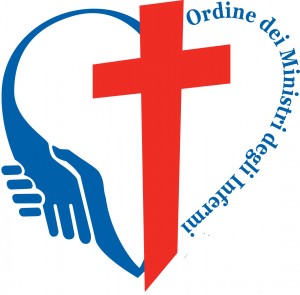
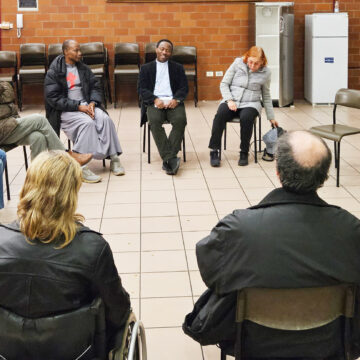
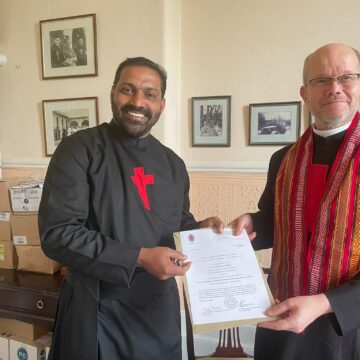
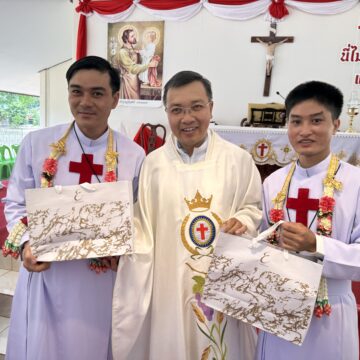
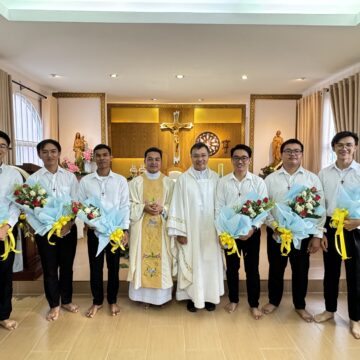
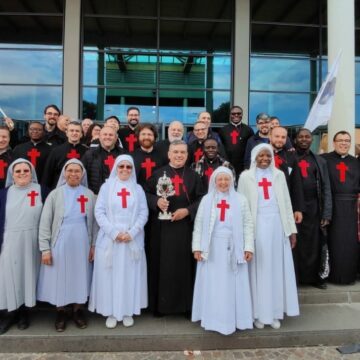
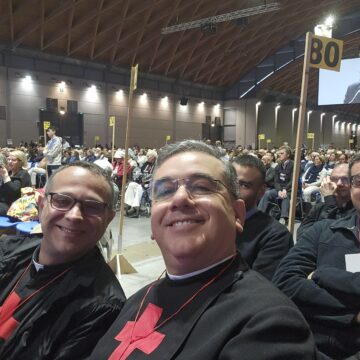
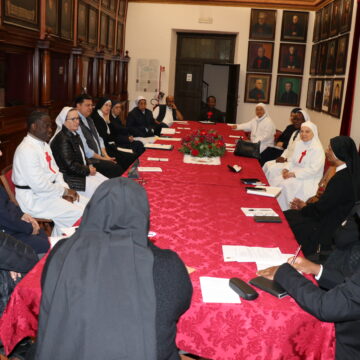
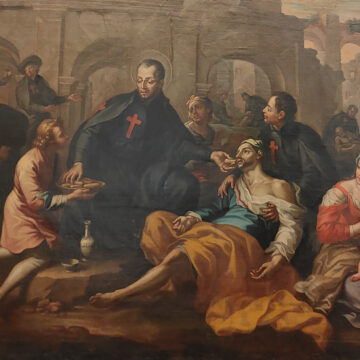




Camillians on Facebook
Camillians on Twitter
Camillians on Instagram